Mention the name Philippe Troussier and most Japanese respond with a sort of awed silence. This reaction can be largely attributed to Troussier’s reputation as the coach who transformed the national soccer team. From 1998 to 2002, under his careful watch, the Japanese team achieved its greatest successes to date, including first place in the Asian Cup in 2000, second place in the Confederation Cup in 2001, and a place in the last 16 at the World Cup in 2002. So how did this Frenchman manage to coach the Japanese team to such unprecedented victory? It has surprisingly little to do with technical skill and almost everything to do with mentality and philosophy, according to the man himself.
Philippe Troussier walks with purpose and dignity, and has an intensity in his manner that can be intimidating. When we meet in person, however, he is amiable and talkative, despite the fact that I catch him between a TV appearance and an engagement at the theater. As we sit down to talk, he surprises me by steering the conversation towards issues of communication, psychology, and culture. But as the man with the most successful track record in the history of the Japanese team, he has the authority to speak on what contributed most significantly to his success.
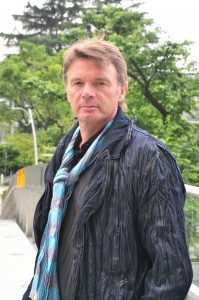 Born and raised in Paris, Troussier clearly remembers his first exposure to soccer: “I came across a pair of soccer boots in a garage when I was eight. I took the shoes and put them on. They were too big for me, but I remember feeling like Puss in Boots. I had the impression that they gave me a strange power that allowed me to run faster and jump higher.” A few years later, during the 1970 World Cup, he unequivocally decided to make soccer his life, thanks to the impressive moves of Pele on the pitch. Troussier began his soccer career in earnest in 1976, playing on several teams in France until 1983, eventually graduating to coaching. After his coaching debut in France, he moved to the Ivory Coast in 1989 to work with the ASEC Mimosas, kicking off a career in Africa that would include stints with several smaller clubs as well as the national teams in Nigeria, Burkina Faso, and South Africa. It was during these years that he would earn the nickname “The White Witch Doctor” for his almost supernatural ability to transform relatively unknown teams into world-class competitors.
Born and raised in Paris, Troussier clearly remembers his first exposure to soccer: “I came across a pair of soccer boots in a garage when I was eight. I took the shoes and put them on. They were too big for me, but I remember feeling like Puss in Boots. I had the impression that they gave me a strange power that allowed me to run faster and jump higher.” A few years later, during the 1970 World Cup, he unequivocally decided to make soccer his life, thanks to the impressive moves of Pele on the pitch. Troussier began his soccer career in earnest in 1976, playing on several teams in France until 1983, eventually graduating to coaching. After his coaching debut in France, he moved to the Ivory Coast in 1989 to work with the ASEC Mimosas, kicking off a career in Africa that would include stints with several smaller clubs as well as the national teams in Nigeria, Burkina Faso, and South Africa. It was during these years that he would earn the nickname “The White Witch Doctor” for his almost supernatural ability to transform relatively unknown teams into world-class competitors.
So how did he make the move from Africa to Asia? Let us take a short trip back in time. The year is 1998 and France is basking in the glow of its emphatic victory over Brazil in the World Cup Final. With all eyes turned towards France and its unassailable team, Japan sets its sights on having a Gallic coach for the national team, and Troussier’s experience coaching national teams in Africa puts him at the head of the pack. Thus begins Troussier’s Japanese adventure.
Though his term with the national team came to a close in 2002, Troussier is back in Japan now as General Manager at FC Ryukyu, dividing his time between Okinawa and Tokyo. So after two separate stints in Japan, how does he find Japanese players? He quickly surmises that they are not lacking in technical skill or training, nor in the quality of their schools and facilities. They are, however, in dire need of experience playing abroad: “When you are working overseas, you train with a different method, you train with different coaches, you play also in different competitions, you can face many problems… And unfortunately not enough players are going overseas, so they cannot develop this kind of personality.” This deficit is compounded by the fact that none of Japan’s former international players have chosen to put their knowledge to use as coaches. “None of the coaching staff in Japan have experience abroad. They’re all coming from schools. Of course they know football by the book – they can talk to you about football with knowledge, but high-level football is philosophical. It’s things you cannot see; it’s things you only feel.”
While Troussier appreciates the Japanese players’ organization and dedication, he finds that these qualities can also be their downfall. The players, he says, believe that they must train to the point of exhaustion to learn anything. This creates a vicious cycle since they are so dedicated to what they are doing physically that they can’t remove themselves from a situation and consider it analytically. “I think it’s a weak point because they don’t have distance from what they do. They are involved with discipline, organization, they respect everybody, they perfectly execute the situation. However, at this level of the competition, at this level of the training, you have to expect reflection from the players.” Japanese players’ ability (or lack thereof) to think for themselves has often been criticized in the international media, and shortly before our interview, Troussier himself had slammed current coach Takeshi Okada for his lack of direction and decisiveness. With regards to his own coaching style, Troussier elaborates, “I gave each player a precise function in the team. I was like the conductor who asked his musicians to play a symphony he chooses. Each musician is talented and has a special function in the orchestra. They have to do their best to play the melody asked by the conductor who supervises the whole group.”
As a native French speaker with limited Japanese skills, Troussier has always relied on an interpreter to be the intermediary between him and his players. I wondered if this was a problem for him, but he explains that it is actually a tactical decision. He finds that “it’s important to keep a very strong image [in front of the players]. If you speak using bad or confused Japanese and they cannot understand you, I think you can also lose your authority.” Though he has made a conscious decision not to learn Japanese, Troussier still has a great admiration for the country and people. “I prefer to learn, not the language, but to learn how the people live. I love Japan, I love the quality of the life, I love the service, the kindness of the people, security, the quality of everything – it’s a very beautiful country for that.” In addition to his deep respect for the country and people, Troussier has referred to his years in Japan as some of his most professionally fruitful.
Troussier refuses to compromise on the pitch, but he figures he was hired for precisely that reason. When it comes to life outside of the game, though, he takes a different approach. “When I take my shower [after a match], I am a foreigner in Japan. I have to adapt to the Japanese way of life… and I respect that.”
By Melissa Feineman
From J SELECT Magazine, September 2010

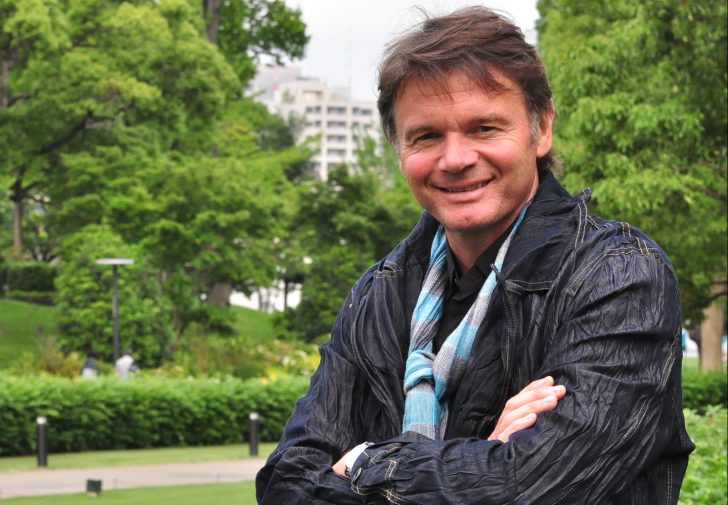

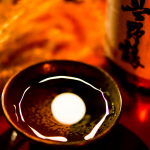


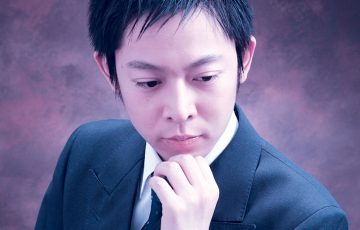

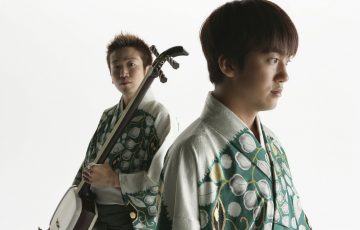
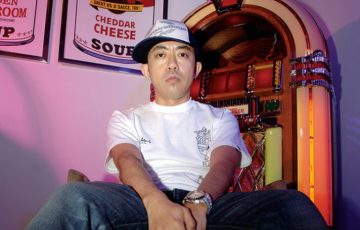
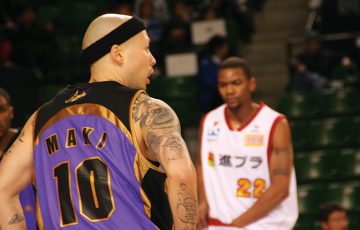

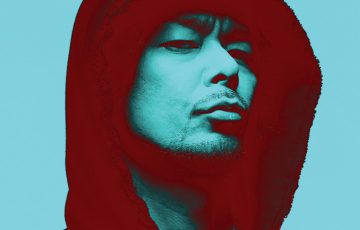


Recent Comments